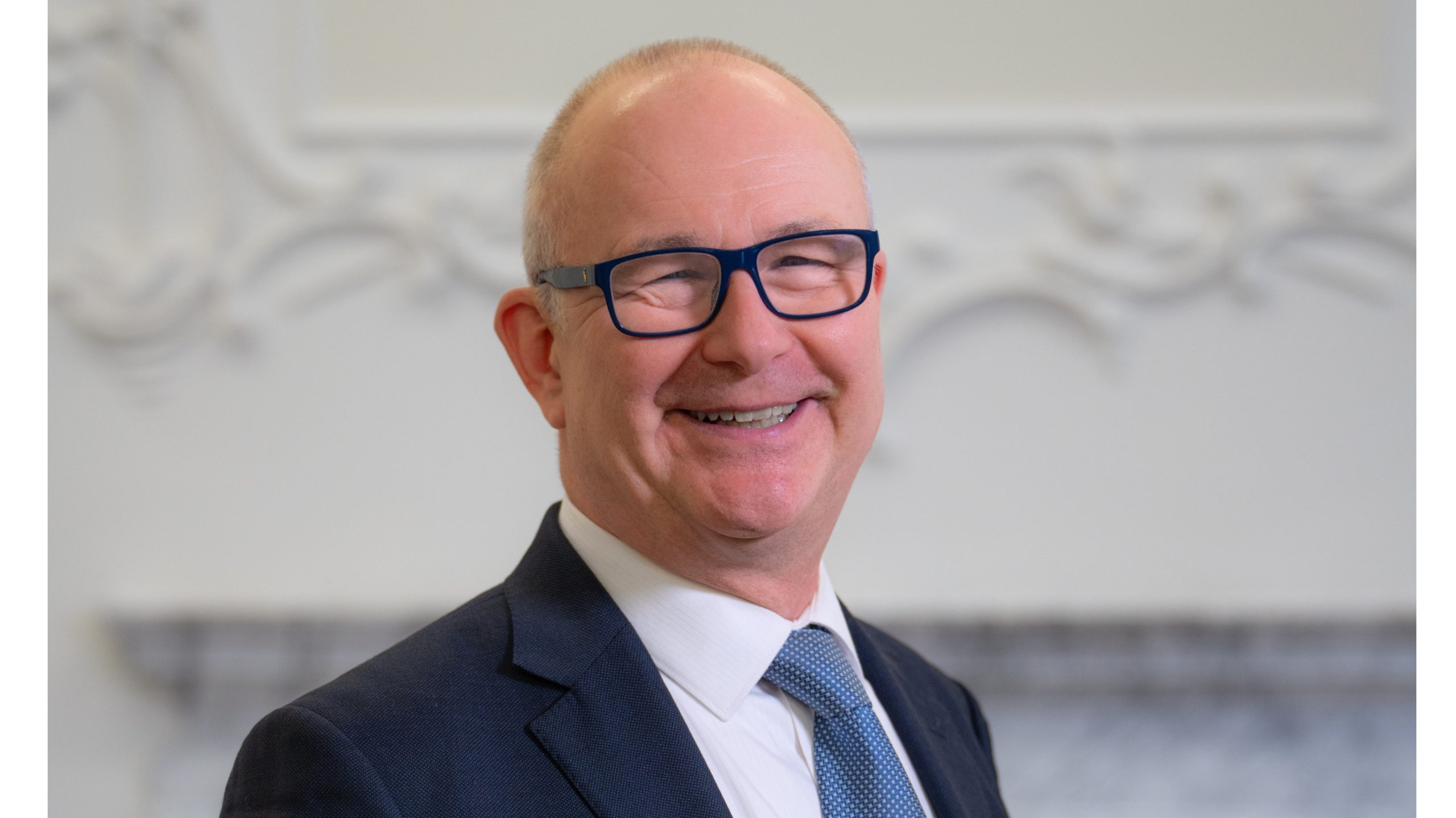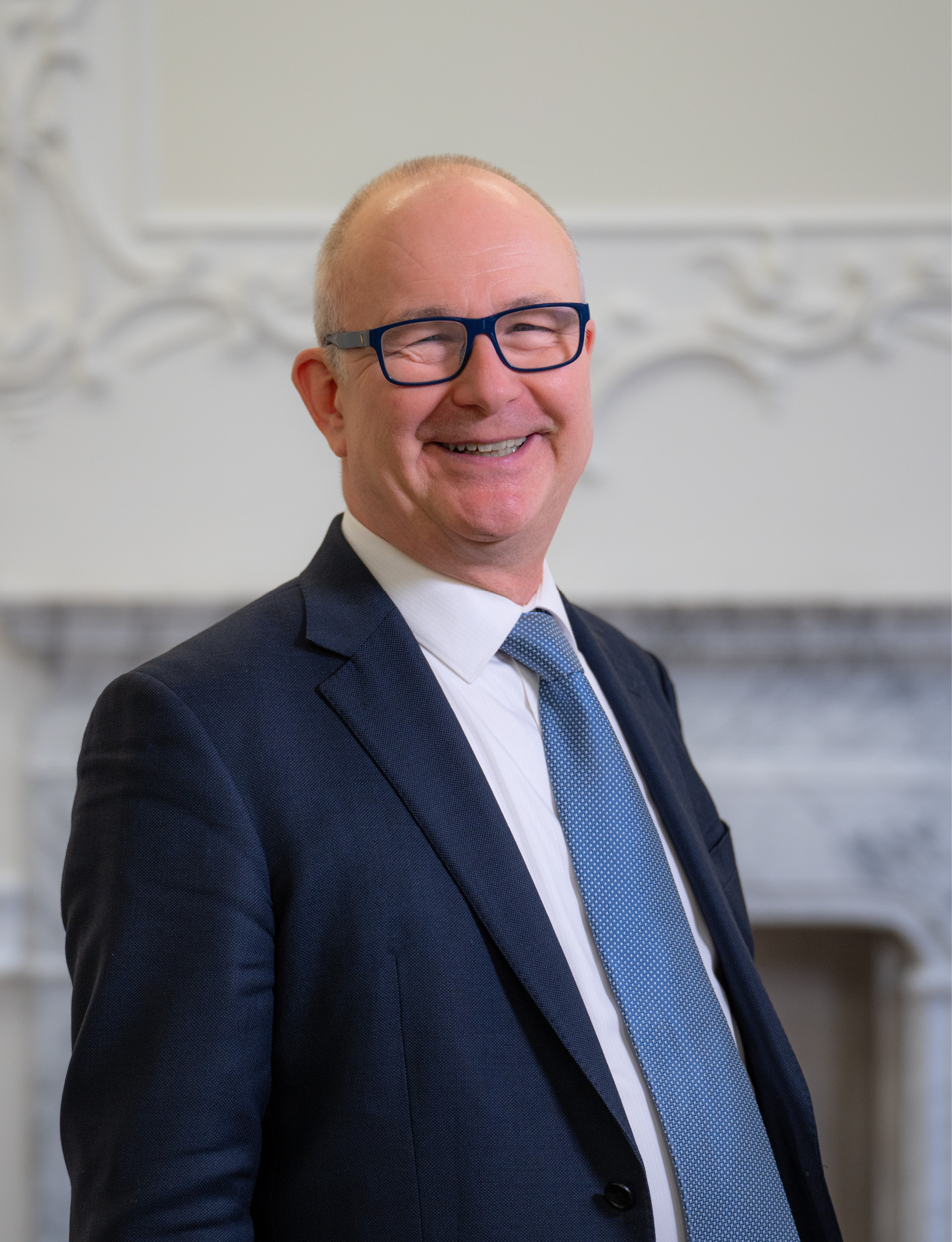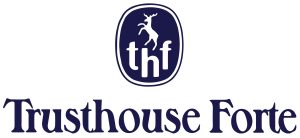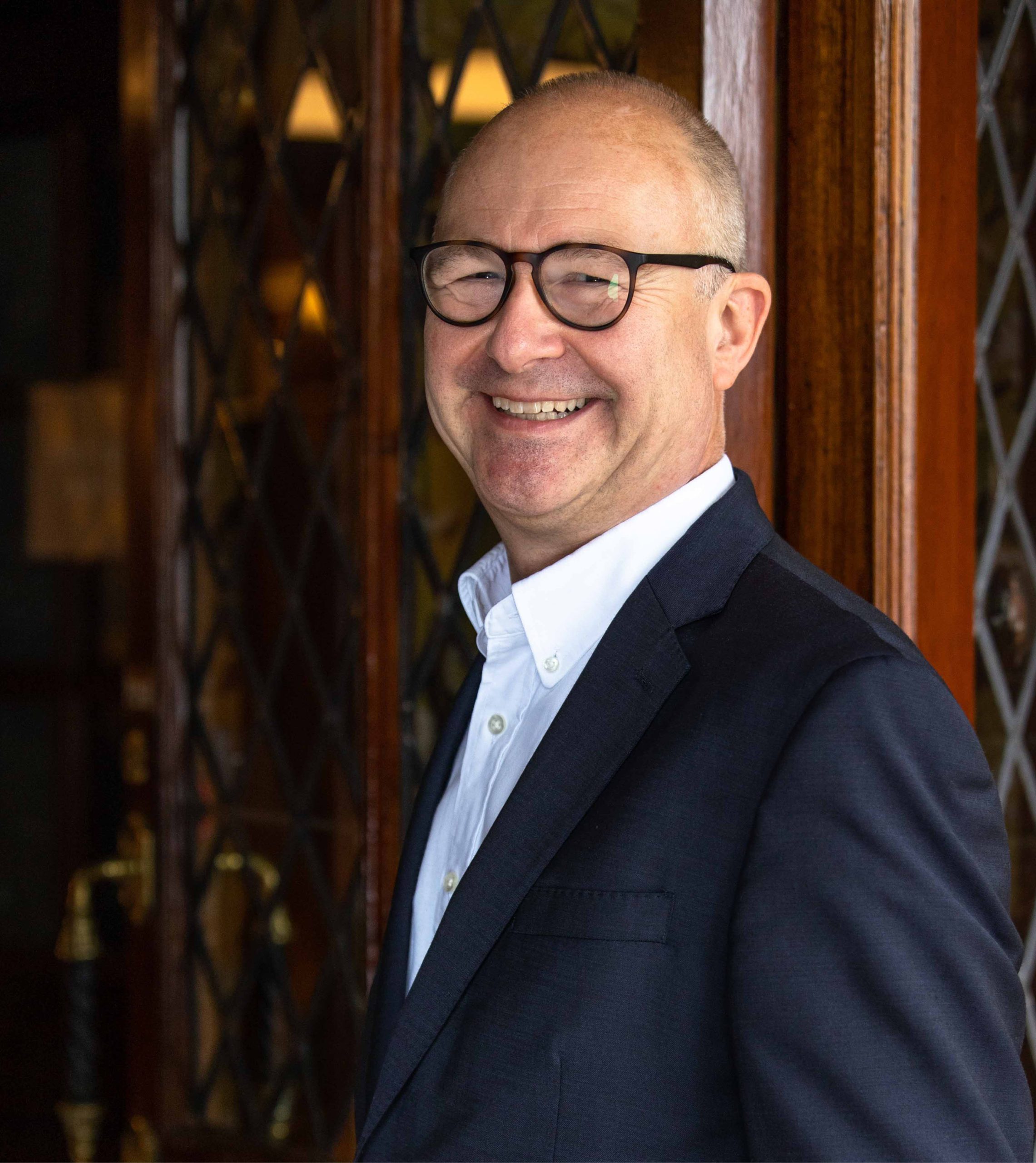


Alex Slors was appointed Program Director for our Master’s in Real Estate, Finance and Hotel Development late last year, so it was high time for The Insider to catch up with this true industry insider to discover more about the man behind the title…
When you know, you know.
And for Alex Slors, the knowledge that he would make his career in travel and hospitality came at an early age.
“I grew up in Indonesia, and even at the age of six or seven I was obsessed with airlines. I had my own pretend travel agency and I would plan my family’s flights home – which in those days involved multiple stopovers – and I knew the timetables, the meals, everything. I even tried out to become a ‘hostie’ (flight attendant), but I was refused on the grounds that my thinking was too commercial!”
That commercial mindset was to prove the ultimate career asset, though, as Alex turned his attention to the world of hotels. And throughout the past three decades he has forged a high-powered career in business and consulting that saw him work for renowned operators including Dorchester Collection and Le Meridien, while also guest lecturing for a wide array of institutions including ESSEC Business School, the University of Surrey and HOSPA (Hospitality Professionals Association).
Now his journey has brought Alex to Glion London, and the Program Directorship for our Master’s in Finance, Real Estate and Hotel Development – a position he holds alongside his ongoing consulting activities.
Learning the basics
Like many hospitality success stories, Alex’s started in front line operations, working at a small hotel in Amsterdam as a management trainee. “I must have been around 22-23 and I went through all the practical elements like pulling pints and making beds – and that’s before there were duvets, so it was hard work folding sheets and blankets into neat corners. I did everything.”

A failed interview for a Night Manager’s role with Trusthouse Forte (THF – a well-known brand name at that time) proved the turning point in Alex’s hospitality career journey. “My interview was with the Finance Director and, although I didn’t get the job, he called me a day later to ask if I would be interested in joining his accounts department. I jumped at the chance.”
That synchronicity set in motion a career journey that enabled Alex to get to the heart of what makes a hotel tick financially, across an era when the industry transformed from the legendary owner-operators like Lord Forte (THF) through corporate consolidation under groups such as the UK’s Granada, and on into the world of corporate finance and institutional investment. In other words, perfect grounding to lead a Master’s that aims to prepare students for accelerated careers in hospitality, real estate and financial services companies.

“For me, the beauty of this Master’s is the way that it reflects what I’ve experienced in the hotel sector over the past 30 years or more. I don’t think there’s any other course in a UK university, or indeed overseas, that gets close to what we do.”
Alex Slors
“For me, the beauty of this Master’s is the way that it reflects what I’ve experienced in the hotel sector over the past 30 years or more. I don’t think there’s any other course in a UK university, or indeed overseas, that gets close to what we do,” Alex notes.
“But more than that, it was the quality of the students which really attracted me. And in particular, the different experiences they bring to the table. For example, one member of our current cohort has an engineering background, and so when we launched our business project where we task the students with creating a hotel from a piece of land or an existing building, the engineer immediately asks for the detailed ground plans!
“Thankfully I have a good network, so I was able to source them by the end of that day. But this just gives you an idea of the pleasure that comes from being challenged by the students.”
“We maintain a tight enough cohort that you can get to know every student pretty well; and in fact one of the previous group of students impressed me so much with her end of program presentation that I actually hired her to do some work for me.”
The market pulse

For a career focused degree like this, securing work in the investment, consulting or financial services sectors is of course the end goal for graduates. But what sort of market conditions await them? Hotel real estate was among the star performers in the commercial property investment sector pre-Covid, but how do things stand today?
“The first thing to remember is that this market has seen a number of substantial shifts over the years,” Alex explains. “When I started, the owner and operator was essentially the same person or company and employed all the staff – one big happy family. Then the hotel companies figured out that ‘asset light’ was the way to go, because you could put down more flags without needing the capital. This brought a huge amount of new money into the sector, but it also created conflicts of interest, because at the end of the day the risk an investor takes is significantly higher than that of the operator.”
“A franchise is like a USB stick – you plug it in and off you go. Everything else you have to pay for, and you have full commercial responsibility”
He continues, “The second step change was the market evolving from management agreements to franchises. And a franchise is like a USB stick – you plug it in and off you go. Everything else you have to pay for, and you have full commercial responsibility. At the same time, we also saw third party management companies moving into the market. Having so many moving parts requires a lot of communication, but also the most important thing remains that the hotel must work from a commercial perspective. There has to be a certain amount of sensitivity built into the feasibility for each property.
“And, of course, the advent of the internet changed everything with respect to the commercial side. When I started, we’d have different tariffs for walk-up guests from different parts of the world, which were often kept on sheets of paper stowed under the reception desk! Now everything is transparent, because it’s all there on the hotel’s own website or an OTA like booking.com.”
Making the sums add up
Although the travel sector has bounced back from the Covid lockdowns extremely strongly, one other hangover from recent economic activity – higher interest rates – has changed the dynamic around hotel investment and finance materially for the moment.
“With base interest rates of 4% to 5% a hotel financing could get anything up to double digits interest in some markets, and then it becomes much harder to make the sums add up. So, we’ve seen buyers and sellers sitting on their hands recently, waiting for rates to come down a little.
“That said, I am seeing more traction lately, especially from smaller investors”
“That said, I am seeing more traction lately, especially from smaller investors. Also, this is an exceptionally good time to be looking inside the hotel for development opportunities; in particular how to enhance the profitability of a property through well-placed strategic investments in areas such as energy saving or operational efficiencies.
“As hotel operators, we also need to break out of our silos, so the GM has the finance director and the revenue manager at his or her side, and what they decide flows down into the operation. That kind of communication and collaboration is a big part of the philosophy we try to get across in this Master’s.”
London calling

The communication factor underscores the decision made at the outset to locate the Master’s in Real Estate, Finance and Hotel Development in London, one of the true global centers of finance and investment across all asset classes, including hospitality real estate.
“It’s the communication and collaboration with industry that forms the basis of why we are here,” says Alex. “I’ve already been into the City of London to do some show rounds, and we’ve invited representatives from funds to come in and talk to the students. It’s about bringing the industry closer to the courses, so that internships become easier to obtain; but also that the industry can go talent spotting among the students. We aim to bridge the gap between what we teach in class on one side and the industry on the other side.”
The connections to industry get stronger by the semester, bolstered by Alex’s exceptional contact book and the unique attraction of guest lecturing on such a pure-bred hotel real estate and finance degree program.
This is not just a rich source of insights for the students, it has also produced rich pickings for The Insider, through thought leadership articles we have already published with faculty members including Glenn Carroll, Bořivoj Vokřínek and Katharine Le Quesne.
“If I were to give the elevator pitch for this program, I would emphasize that there is only one Master’s that combines genuine hospitality knowledge, with the great name and experience of Glion behind it, and the opportunity to live and work in London – a place that’s at the pinnacle of hotel investment – and to meet and work with a different visiting lecturer almost every week.
“I cannot think of a better base – if you want to end up in my world – from which to do that.”
Photo credits
Construction image: Ekapol/Getty
City of London: Shomos Uddin/Getty
Get into real estate
Our Master’s in Real Estate, Finance & Hotel Development – taught exclusively in London – is a proven entry point to the global real estate sector.
















